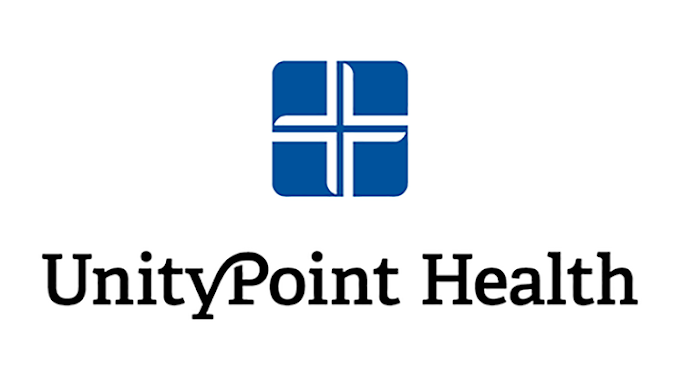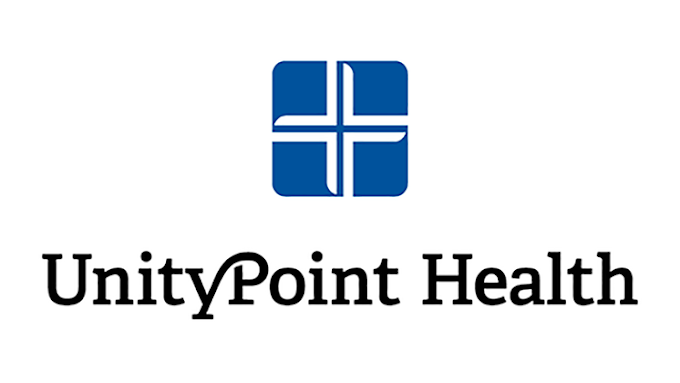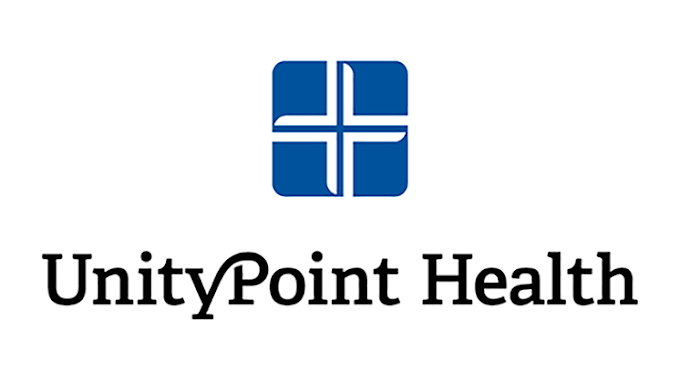Limited Availability: Treatment beds filling quickly. Call now for immediate placement – (844) 561-0606
Explore a comprehensive guide to 5 inpatient, 12 outpatient, and 5 detox centers across Iowa. Compare costs, reviews, and treatment options to find the perfect rehab facility for your needs.

 | Abbe Center for Community Mental Health – IndependenceThe Abbe Center for Community Mental Health in Independence, IA, is dedicated to providing a wide range of mental health services to individuals and families seeking support. Located at 211 2nd Avenue NE, Suite 8, our experienced team offers personalized care, including individual therapy, group counseling, and crisis intervention, tailored to meet the diverse needs of our clients. With a commitment to fostering mental wellness and resilience, we empower individuals to navigate life\'s challenges and build healthier lives. At the Abbe Center, we believe in the importance of community support and compassionate care. Contact us today to learn more about our services and how we can assist you on your journey to mental health. 2349 Jamestown Ave # 3, Independence, IA 50644 | Levels of Care:outpatient Payment Options:MedicaidPrivate insuranceSelf-Pay OptionsFinancial AidMedicareMilitary Insurance | ||
 | Abbe Center for Community Mental Health – ManchesterThe Abbe Center for Community Mental Health in Manchester, IA, is dedicated to providing essential mental health services for individuals and families seeking support. Our experienced team offers a variety of services, including individual therapy, family counseling, and crisis intervention, tailored to meet the unique needs of our clients. With a focus on compassionate care and community involvement, we empower individuals to navigate their mental health challenges and foster resilience. At the Abbe Center, we believe in the transformative power of support and understanding. Contact us today to learn more about our services and how we can assist you on your path to mental wellness. 721 S 5th St, Manchester, IA 52057 | Levels of Care:outpatient Payment Options:MedicaidPrivate insuranceSelf-Pay OptionsFinancial AidMedicareMilitary Insurance | ||
 | Abbe Center for Community Mental Health – VintonThe Abbe Center for Community Mental Health in Vinton, IA, is committed to providing comprehensive mental health services to individuals and families in need. Our dedicated team offers a variety of services, including individual therapy, group counseling, and crisis intervention, all designed to support mental wellness and recovery. With a focus on personalized care and community integration, we empower clients to overcome challenges and develop coping strategies for a fulfilling life. At the Abbe Center, we believe in fostering hope and resilience through compassionate mental health support. Contact us today to learn more about our services and how we can assist you on your journey to wellness. 811 D Ave Ste 27, Vinton, IA 52349 | Levels of Care:outpatient Payment Options:MedicaidPrivate insuranceSelf-Pay OptionsMedicareMilitary Insurance | ||
Absolute Performance TherapyAbsolute Performance Therapy | Payment Options:Self-pay options | |||
Addictions Recovery CenterAddictions Recovery Center | Payment Options:Medicaid | |||
Adult Correctional ServicesAdult Correctional Services | ||||
Alcohol and Drug Dependency Services - ADDSAlcohol and Drug Dependency Services - ADDS | Payment Options:Medicaid | |||
Alcohol and Drug Dependency Services - ADDSAlcohol and Drug Dependency Services - ADDS | Payment Options:Medicaid | |||
Alcohol and Drug Dependency Services - ADDSAlcohol and Drug Dependency Services - ADDS | Payment Options:Medicaid | |||
Alcohol and Drug Dependency Services - ADDSAlcohol and Drug Dependency Services - ADDS | Payment Options:Medicaid | |||
Alcohol and Drug Dependency Services - ADDSAlcohol and Drug Dependency Services - ADDS | Payment Options:Medicaid | |||
Alegent Creighton Health - Bluffs PsychiatricAlegent Creighton Health - Bluffs Psychiatric | Payment Options:Medicaid | |||
Allamakee County - Youth Coordinator Substance AbuseAllamakee County - Youth Coordinator Substance Abuse | ||||
Alternative InterventionsAlternative Interventions | Payment Options:Self-pay options | |||
American Home Finding AssociationAmerican Home Finding Association | ||||
Anchorpoint CounselingAnchorpoint Counseling | Payment Options:Self-pay options | |||
 | Area Substance Abuse CouncilArea Substance Abuse Council in Cedar Rapids, Iowa, provides comprehensive support and treatment for individuals struggling with substance use disorders. They offer various services, including prevention programs, counseling, and recovery support to help individuals and families. 317 7th Ave SE #203, Cedar Rapids, IA 52402 | Levels of Care:outpatient Payment Options:Self-Pay OptionsPrivate insuranceMedicareFinancial AidSliding ScaleMedicad | ||
ASAC - Area Substance Abuse CouncilASAC - Area Substance Abuse Council | Payment Options:Per session: $125Self-pay options | |||
ASAC - Area Substance Abuse CouncilASAC - Area Substance Abuse Council | Payment Options:Per session: $125Self-pay options | |||
ASAC - Area Substance Abuse CouncilASAC - Area Substance Abuse Council | Payment Options:Per session: $125Self-pay options |
Find Iowa drug rehabs in cities near you or sort by letter.
For anyone seeking help for addiction for themselves or a loved one calls to Addiction Helpline America are completely confidential and available 24/7.
Please note: any treatment center listed on our site that receives calls is a paid advertiser.
Calls to a specific treatment center’s listing will be connected directly to that center.
Calls to our general helpline will be answered by treatment providers, all of whom are paid advertisers.
By calling the helpline, you agree to our terms and conditions. These calls are free of charge and carry no obligation to enter treatment. Neither Sober Steps nor anyone answering your call receives a commission or fee based on your choice of treatment provider.
If you’d like to explore additional treatment options or connect with a specific rehab center, you can browse our top-rated listings, visit our homepage, or call us at (844) 561-0606. You may also contact us for further assistance.
Calls to any general helpline will be answered or returned by one of the treatment providers listed, each of which is a paid advertiser:
Our helpline is available 24 hours a day, 7 days a week at no cost to you and with no obligation for you to enter into treatment. We are committed to providing support and guidance whenever you need it.
In some cases, Addiction Helpline America charges our verified partner a modest cost per call. This fee helps us cover the costs of building and maintaining our website, ensuring that we can continue to offer this valuable service to those in need.